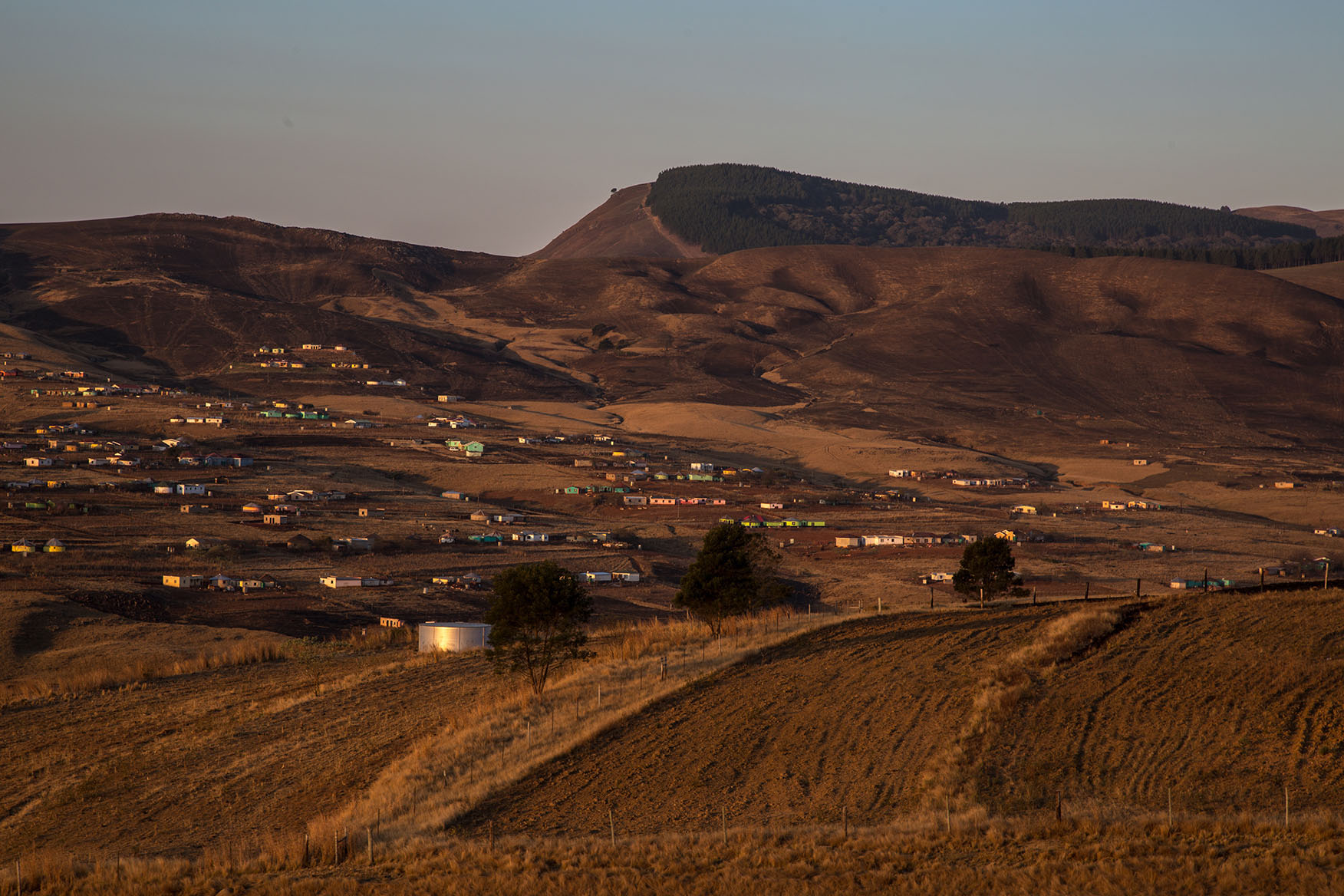I am not Zulu. I am not Xhosa. I am Bhaca, we exist and we existed before. There are more languages than the official eleven: isiBhaca is a language native to this country. Our land is in the former Transkei.
That sounds like an easy message to get across, but it’s not. In Grade 4, after moving from Umzimkhulu in southern KwaZulu-Natal to Johannesburg, my sister and I had to introduce ourselves to the other students. They’d say, what are you? Zulu, Xhosa? We tried to explain we were Bhaca and they’d look at us confused.
After a while, it just became easier to say, yes, we are Xhosa. How do you explain to another child what wasn’t really explained to you? What the culture is, what you are? Why should you have to justify your existence?
I worked in retail after matriculating, places like Woolworths and PostNet, and the difficulties persisted. For example, a customer walked in, we got talking, and he would ask, “So where are you from?”
“I’m Bhaca.”
‘The tribe that no one wants’
He laughed and said “You’re the tribe that no one wants. The Zulus don’t want you and the Xhosas don’t want you.”
I said: “No, wait, no, it’s not that we want to belong to any of you guys. We have always been a different tribe. We’ve never belonged to anyone and we had to flee from Shaka.”
Other customers would tell me that we were just Zulus or plain out say, “Bhaca? What’s that?” It breaks my heart, and not just because we aren’t seen. My culture and language are dying. It’s easy to be assimilated: you learn Zulu, Xhosa and English at school. My grandmother died in 2008 and she could speak isiBhaca like they used to in the old days. My 78-year-old mother speaks a watered-down version because she worked in Joburg for most of her life.
One of our most important ceremonies, umhlonyane, the right of passage into womanhood, is becoming more like the Zulu one. Every day, I feel like the culture is slipping away, partly because we aren’t recognised, our existence is denied.
Back in 2017, I made a decision, along with my sister and nephew, not to lose the language. We agreed to speak isiBhaca as much as we could. When we go home, a small village called Cancele, we try to learn as much as we can. We keep to the traditional ceremonies. It is important.
The amaBhaca aren’t alone. There are other smaller ethnic groups in South Africa, there are other languages. We exist. We have our own stories. The most important thing is owning up to your culture, you being your individual self, not just trying to be with everyone else and fit in with society.
Zulu will not be my first language, neither will Xhosa. I am simply Bhaca. DM
KwaBhaca, a photo exhibition by Tristen Taylor, will run from 22 March to 30 April 2025.
Venue: Picobella Trattoria, 66 4th Ave, Melville, Johannesburg, Tel: 011 - 482 4309
![Umlilo Emasimini [veld fire]. In winter, the veld burns. On the road to KwaBhaca, KwaZulu-Natal, 2024. (Photo: Tristen Taylor) Umlilo Emasimini [veld fire]. In winter, the veld burns. On the road to KwaBhaca, Kwa-Zulu Natal, 2024.](https://cdn.dailymaverick.co.za/i/5gJGlDeXqNclEL3dPQbHShwp8aU=/200x100/smart/filters:strip_exif()/file/dailymaverick/wp-content/uploads/2025/03/amaBhaka_12.jpg)
/file/dailymaverick/wp-content/uploads/2025/03/amaBhaka_14.jpg)
[[image id=2642408 float=none]][[image id=2642400 float=none]][[image id=2642406 float=none]][[image id=2642405 float=none]]
/file/dailymaverick/wp-content/uploads/2025/03/amaBhaka_07.jpg)




 The village of Cancele is located 19 km from Umzimkulu. 13 km of which is a dirt road. Cancele was part of the old Transkei. Southern Kwa-Zulu Natal, 2024.
(Photo: Tristen Taylor)
The village of Cancele is located 19 km from Umzimkulu. 13 km of which is a dirt road. Cancele was part of the old Transkei. Southern Kwa-Zulu Natal, 2024.
(Photo: Tristen Taylor)